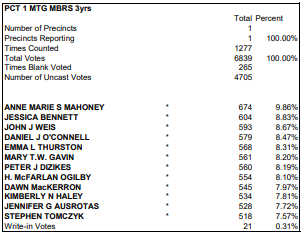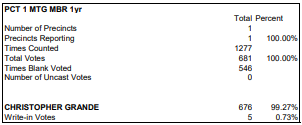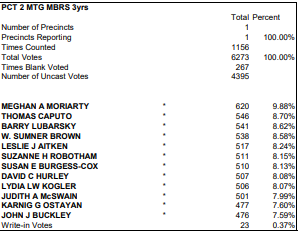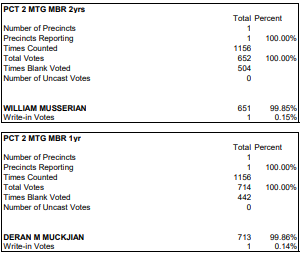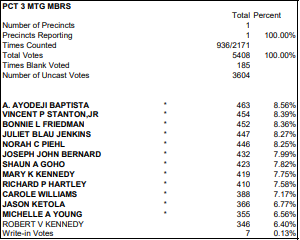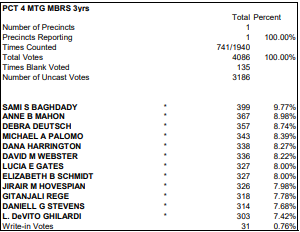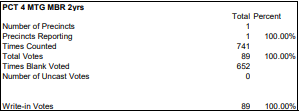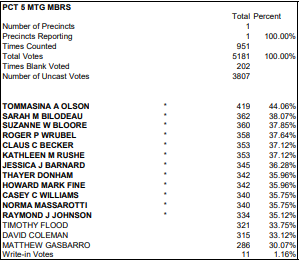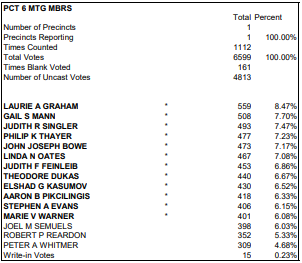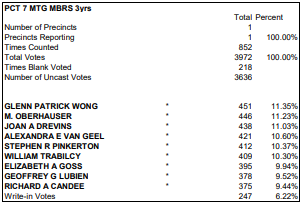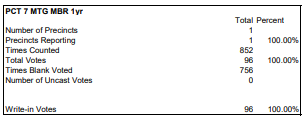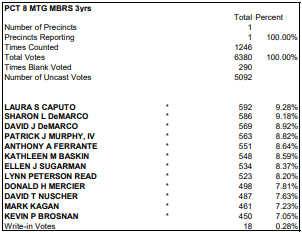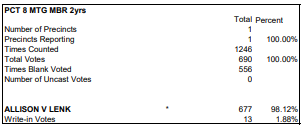Photo:
Now for a little math or maths as it’s known in other English-speaking countries. If students are required to attend 180 days of school and each school districts adds 5 ‘snow’ days to the calendar and there were a pair of actual days cancelled due to weather but the state did not give permission to add 10 days to the beginning of the school year so the required number of days is 170, what is the last day of the 2020-21 school year?
OK, all you need to know that it’s earlier than normal: Wednesday, June 16.
That’s, of course, if there are no more snow days from now until the third week in June. “We’ll knock on wood as we say that. If it snows, I’m sorry,” said Janice Darias, assistant superintendent for curriculum and instruction.

